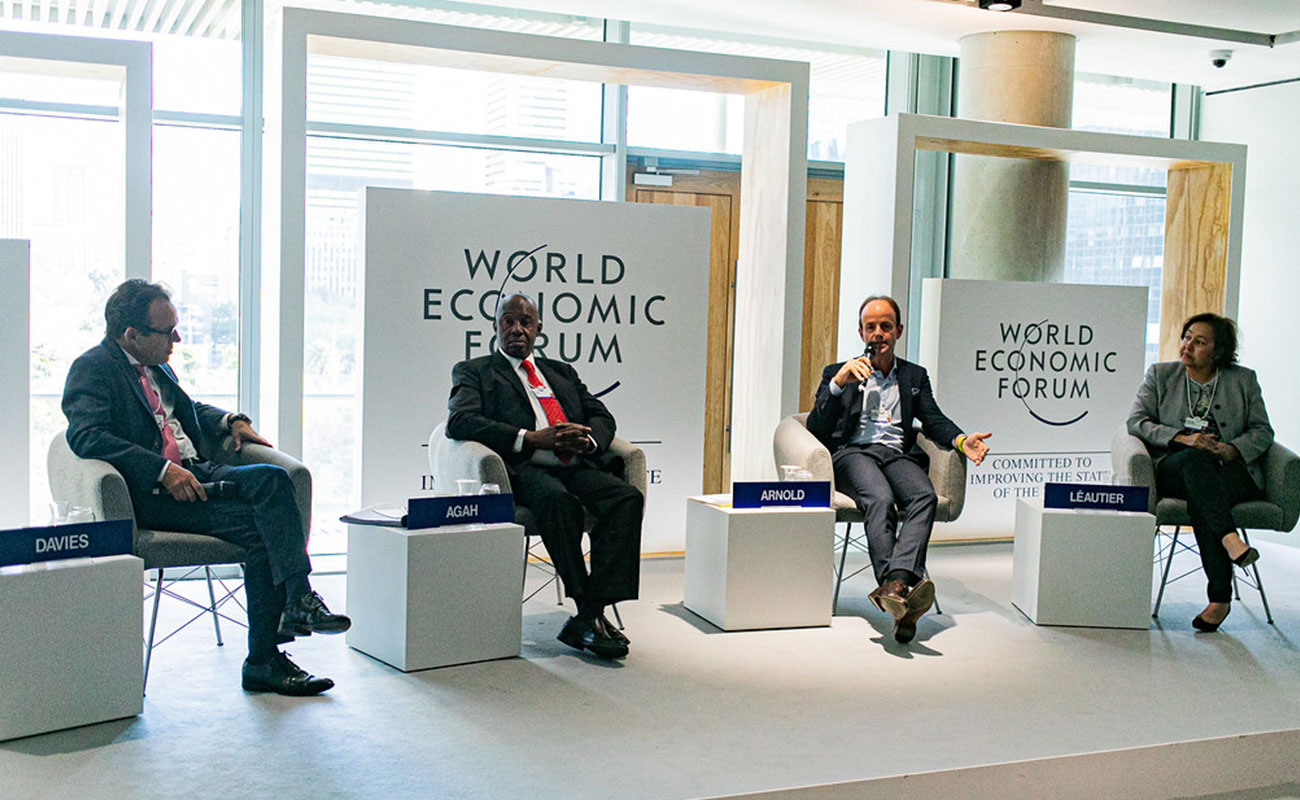
By Francis Assam
Africa has incredibly shaped the course of global history over the past three centuries. Once dubbed the dark continent due to colonial preconceptions, Africa has emerged as a key player in global development, owing to its vast resources and man power.
According to the Atlantic Council, Africa holds around 30% of the world’s mineral reserves, including critical resources like cobalt, gold, and platinum, along with 12% of global oil and 8% of natural gas reserves, making it essential for global industries such as electronics, aerospace, renewable energy, and electric vehicle manufacturing. With a median age of 19, Africa’s youth population makes up over 77% of the continent’s total, marking it the world’s youngest and fastest-growing demographic group with significant implications for future economic and social development.
This abundant resource wealth has not only triggered the re-emergence of global powers such as the USA, China, and Russia but has also drawn emerging powers from Europe, Asia, and the Middle East into African affairs. Many scholars and analysts describe this as the ‘New Scramble for Africa,’ with the first scrambles occurring 1884, during which powerful European nations divided, occupied, and colonized the continent.
In light of the new scramble, the big question is How can Africa stand to be a big winner? as it no longer considers itself a dark continent, but one that contributes to global development.
Overview of the scramble for Africa
The original scramble for Africa date back to the late 19th and early 20th centuries, where great European powers like Britain, France, Germany and Belgum were drawn to colonizing Africa, which stemmed from huge economic benefit that was inherent in the continent. The Berlin conference of 1884-1885 formalised the territorial influence among these great European powers, with historical and cultural boundaries largely ignored. Colonizer achieved their aim of milking Africa of its resources, leaving the economy in disarray and the society in the state of social upheaval.
The second scramble for Africa can be ascribed to the cold war, which saw super powers in the USA and the Soviet Union contend for influence in the continent. Both superpowers sought to prevent each other from gaining a foothold in regional conflicts and independence movements. This period was marked by proxy wars, military coups and political manoeuvring, which significantly impacted African economic and political development.
The last two decades have seen superpowers like the US, China and Russia reassert their presence through military involvement, humanitarian aid, politics, and foreign investments. This new interest is primarily driven by Africa’s abundant resources. Emerging powers such as Saudi Arabia, Qatar, Turkey, The European Union, Japan. And South Korea are also competing for influence, often collaborating with both state and non-state actors. This phenomenon is often referred to as the new scramble for Africa.
The new Scramble so far and its implications
Over the last two decades, superpowers and emerging powers have scrambled for influence in Africa, while the continent faces diverse challenges such as conflict, political instability, humanitarian crises, poverty, and climate change. Although these powers have contributed significantly in areas like security and economic development, they have often exploited Africa’s vulnerabilities, viewing it as a problem to be solved in exchange for access to its vast resources.
This new scramble has driven foreign investments from China, the EU, and the U.S., which have contributed to Africa’s infrastructure development. Projects ranging from road, port, and railway development have bolstered trade and improved connectivity across the continent, boosting local economies and employment. For example, Ethiopia’s new railway, funded by China, has strengthened trade with Djibouti, making it more competitive globally.
However, these economic benefits come with a considerable downside, as many projects create significant debt burdens for African nations. Countries like Zambia, Nigeria, Kenya, and others have struggled with debt repayment, limiting their economic sovereignty and forcing them to prioritize foreign creditors over local development needs.
Furthermore, Africa, plagued by conflict and terrorism, has witnessed increased foreign military involvement under the banner of counter-terrorism and securing resource interests. The U.S., France, and other global powers maintain military bases in African regions, while the Sahel has seen counter-terrorism support from Russia-linked private military group Wagner. While these efforts address immediate security concerns, they often foster dependency on external forces, undermining Africa’s capacity to manage its security independently.
This military presence has also proven exploitative, often aligning with resource extraction interests under the guise of security assistance. For instance, foreign powers involved in the Democratic Republic of Congo frequently tie security efforts to valuable mineral resources, raising questions about the balance between genuine support and exploitation.
How can Africa stand to be a big winner?
Africa can emerge as a major winner in the new scramble by negotiating fairer trade agreements that emphasize value addition and local production. By shifting from merely exporting raw materials to processing them domestically, African countries can capture more of the value chain, create jobs, and reduce dependency on external markets. This shift requires strategic partnerships that prioritize technology transfer and skill development, helping to lay the foundation for diversified economies and sustainable growth.
African countries can bolster the African Union (AU) to enhance its capacity in peacekeeping, conflict resolution, and humanitarian aid, thereby reducing reliance on external powers that often have exploitative interests. With better funding and coordination, the AU could play a significant role in addressing regional conflicts and humanitarian crises, allowing African-led solutions to take precedence over foreign intervention. Strengthening the AU’s peacebuilding initiatives would help build regional stability, empowering African nations to set their agendas and mitigate external influence in their internal affairs
To maximise its bargaining power, Africa can strengthen regional alliances like the African Union (AU) and the African Continental Free Trade Area (AfCFTA). Unified regional approaches help African nations negotiate better terms and resist exploitative arrangements, ensuring that foreign investments contribute to long-term development rather than creating dependency. Strong regional cooperation can also enhance political stability, making Africa a more attractive and secure destination for sustainable investments.
